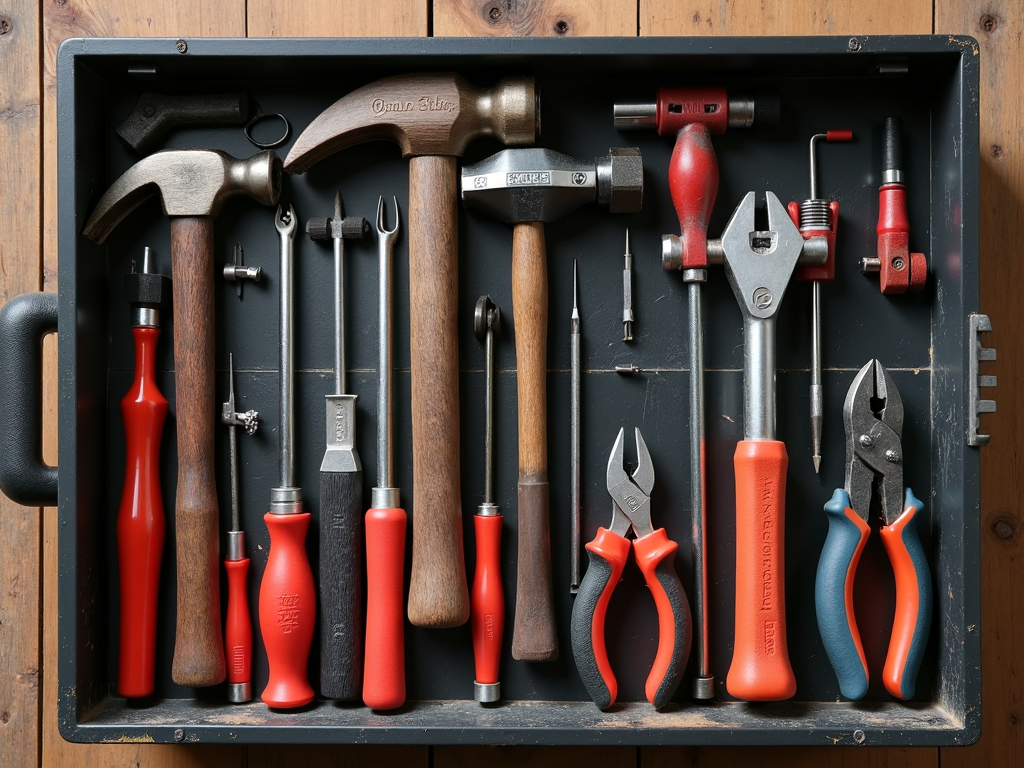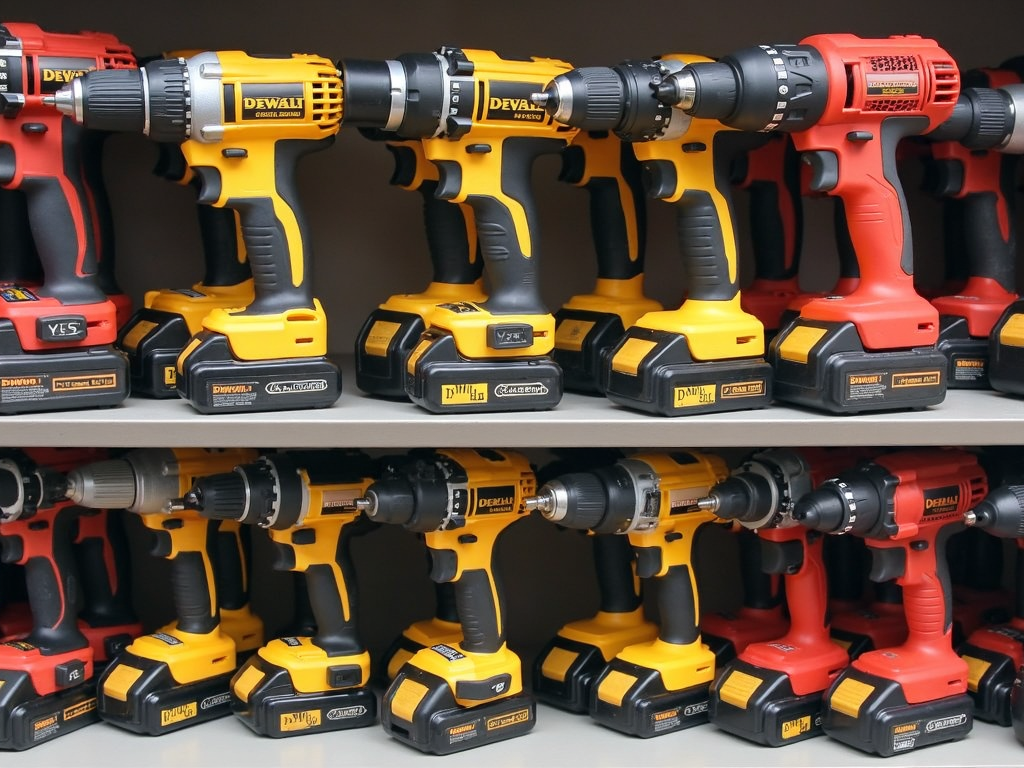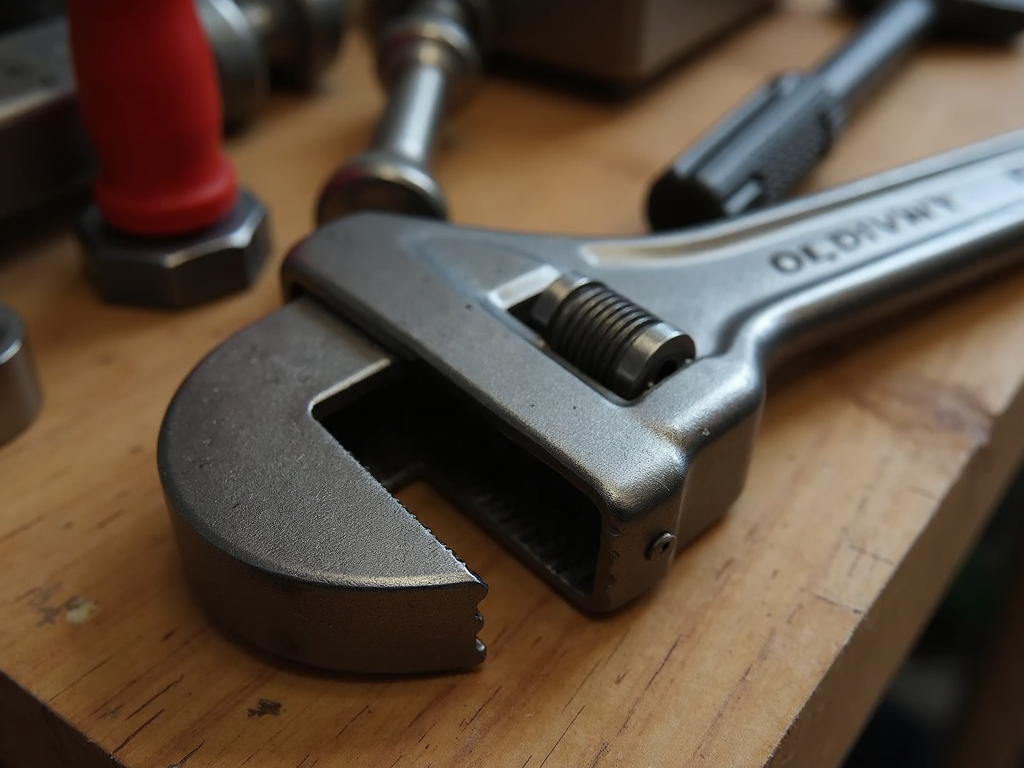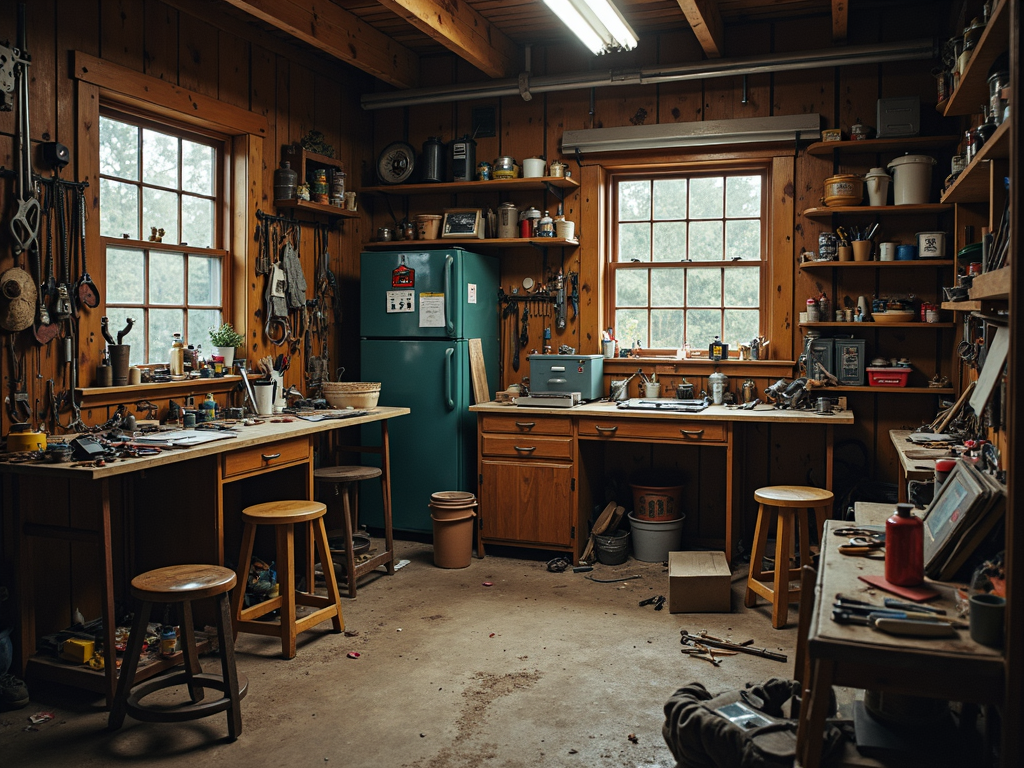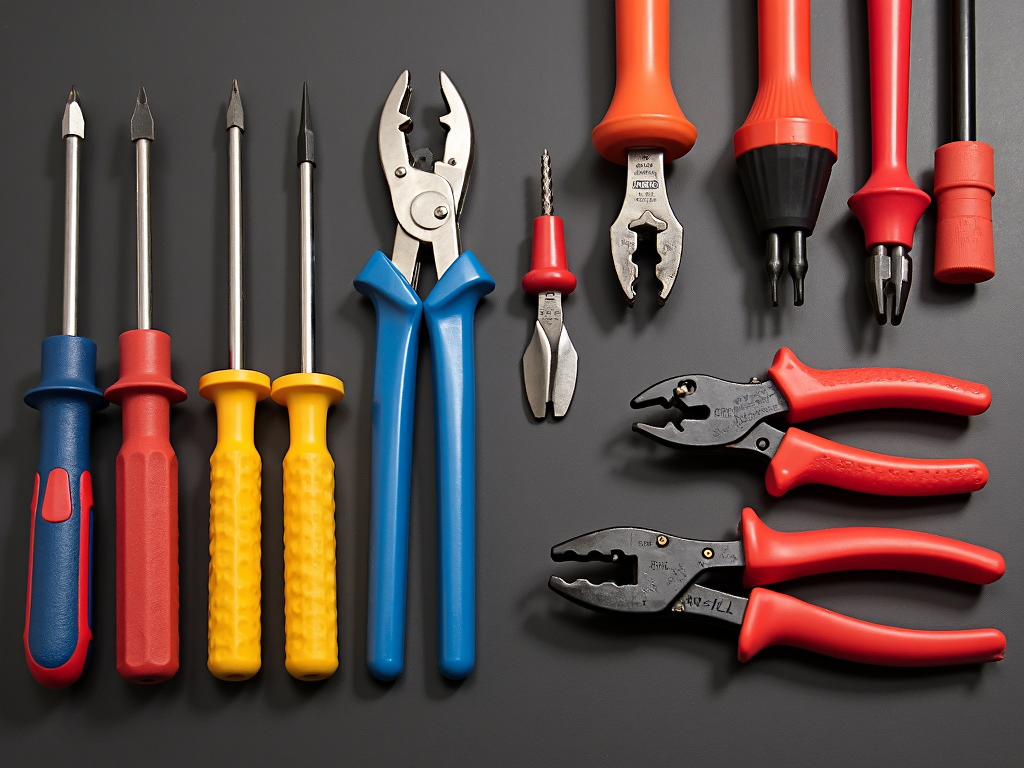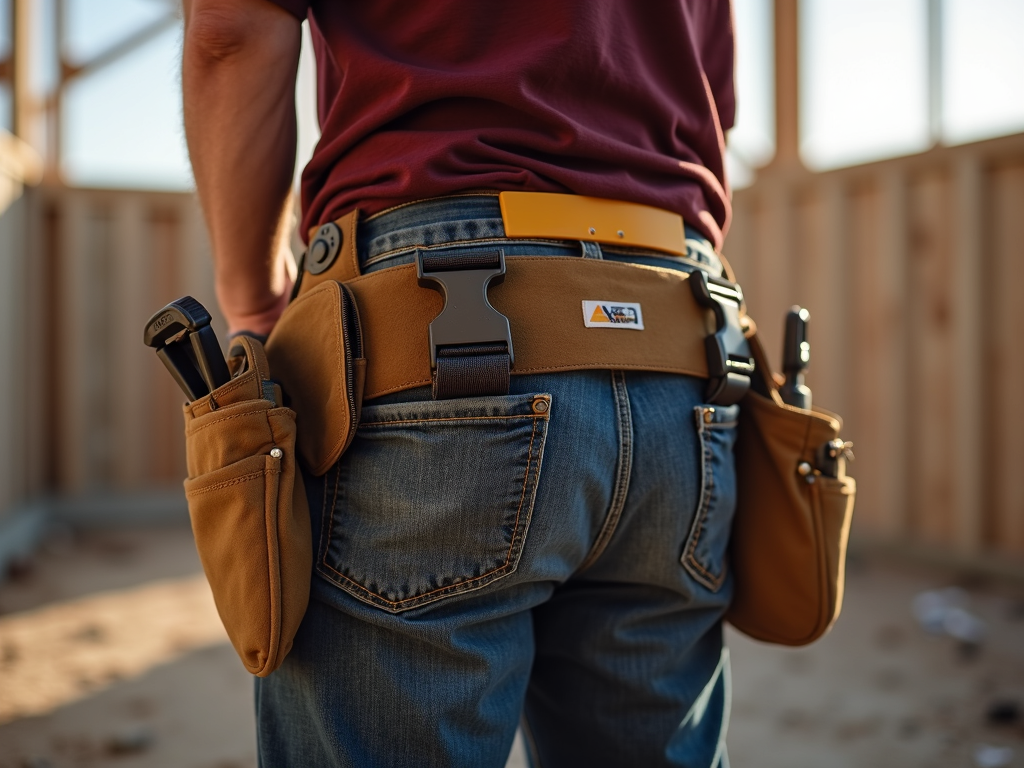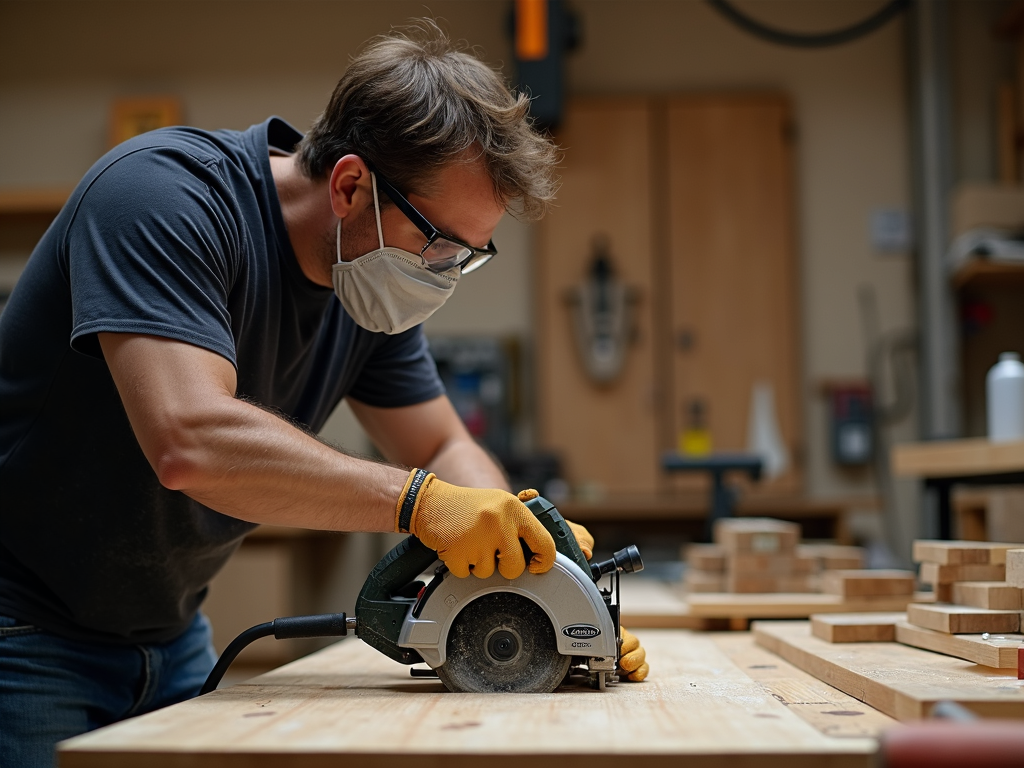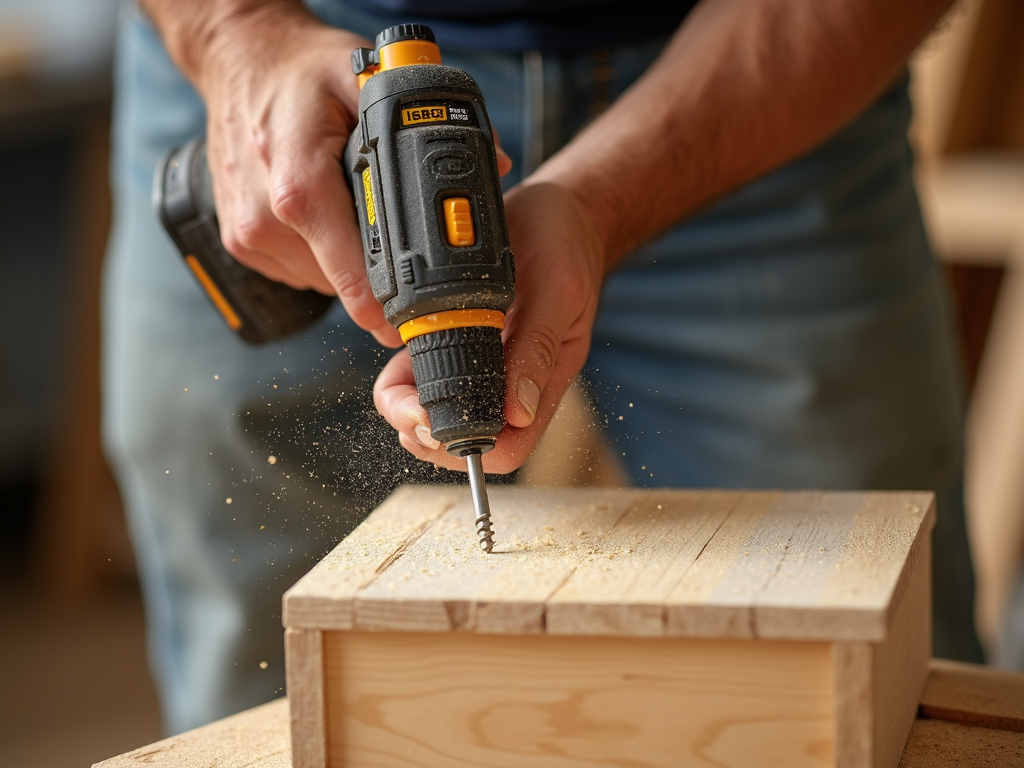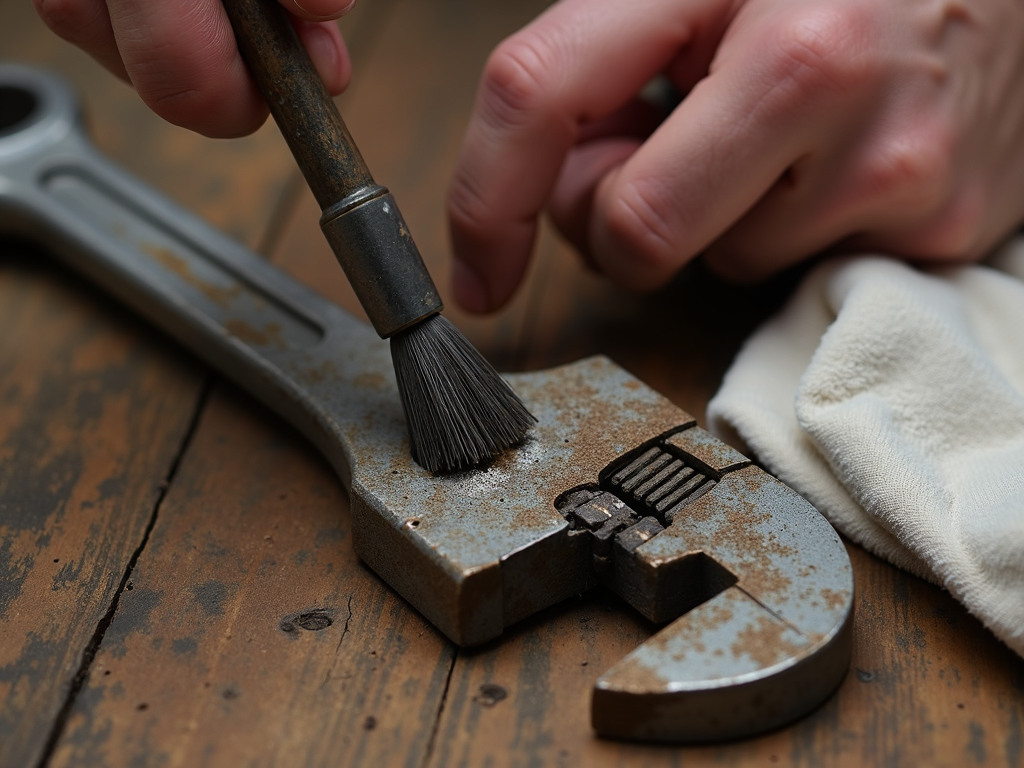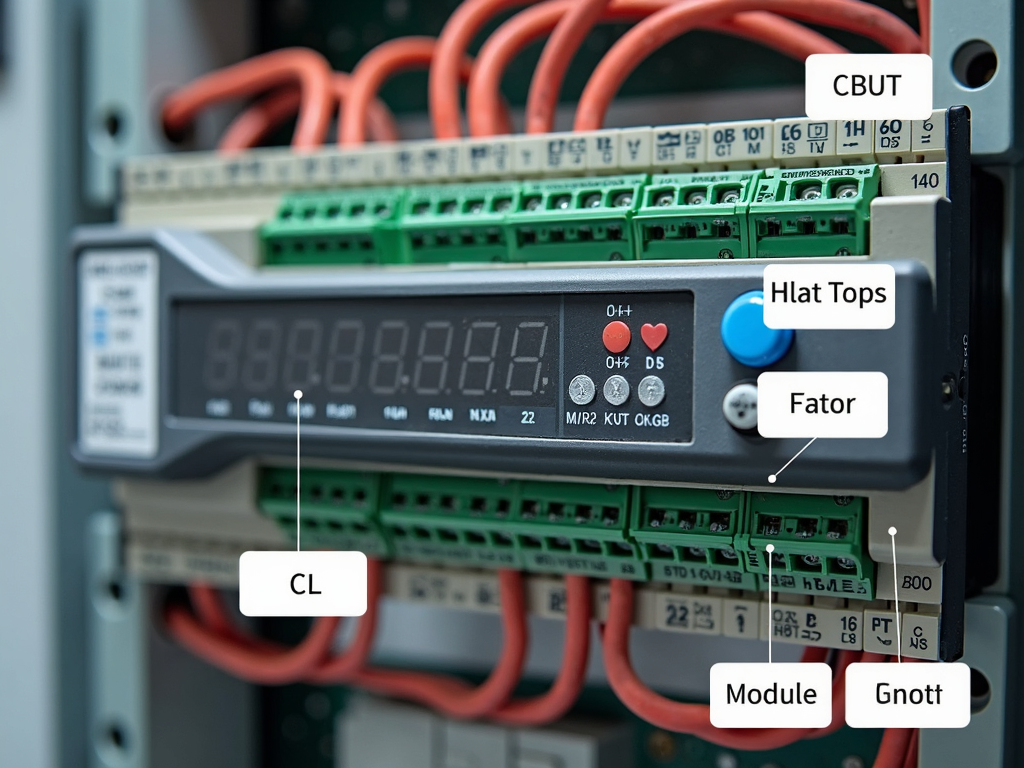Metalworking requires precision and the right tools. This guide covers essential workman tools for metalworking, offering insights into their uses and tips for choosing the best ones.
Introduction: The Importance of Quality Tools in Metalworking
In metalworking, the quality of your tools can make or break your project. Whether you're a seasoned professional or a hobbyist, having the right workman tools is crucial for achieving precision and efficiency. Quality tools not only last longer but also provide better results, making your work easier and more enjoyable.
Investing in high-quality tools might seem expensive upfront, but it pays off in the long run. Cheaper tools can wear out quickly, leading to frustration and additional costs. On the other hand, well-made tools can withstand heavy use and maintain their accuracy over time.
Measuring Tools: The Foundation of Precision
Accurate measurements are the cornerstone of successful metalworking. Without precise measurements, even the best tools and techniques can lead to flawed results. Here are some essential measuring tools every metalworker should have:
- Calipers: Used for measuring the distance between two opposite sides of an object. Digital calipers are particularly useful for their ease of reading.
- Micrometers: Ideal for measuring small distances with high precision, such as the thickness of a sheet metal.
- Rulers and Tape Measures: Basic but indispensable for measuring lengths and widths.
- Squares: Essential for ensuring right angles and straight lines.
Personal Insight: I've found that investing in a good set of calipers and micrometers can save a lot of time and hassle. The precision they offer is unmatched, and they are versatile enough to be used in various metalworking tasks.
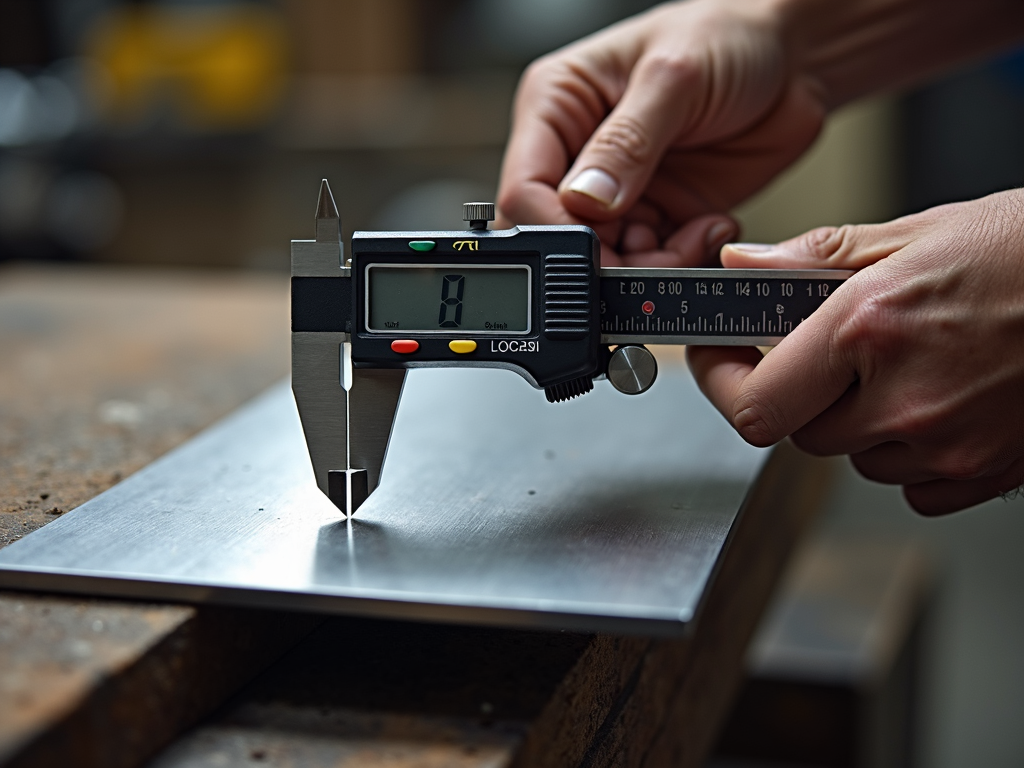
Cutting Tools: Shaping Your Metal
Cutting tools are essential for shaping metal into the desired form. Here are some must-have cutting tools for metalworking:
- Hacksaws: Versatile and easy to use for cutting through metal bars, pipes, and sheets.
- Tin Snips: Perfect for cutting thin sheet metal with precision.
- Bolt Cutters: Ideal for cutting through thick metal rods and bolts.
- Angle Grinders: Powerful tools for cutting, grinding, and polishing metal surfaces.
Personal Insight: When choosing cutting tools, consider the type of metal you'll be working with. For instance, hardened steel requires more robust tools like angle grinders, while softer metals can be cut with hacksaws or tin snips.
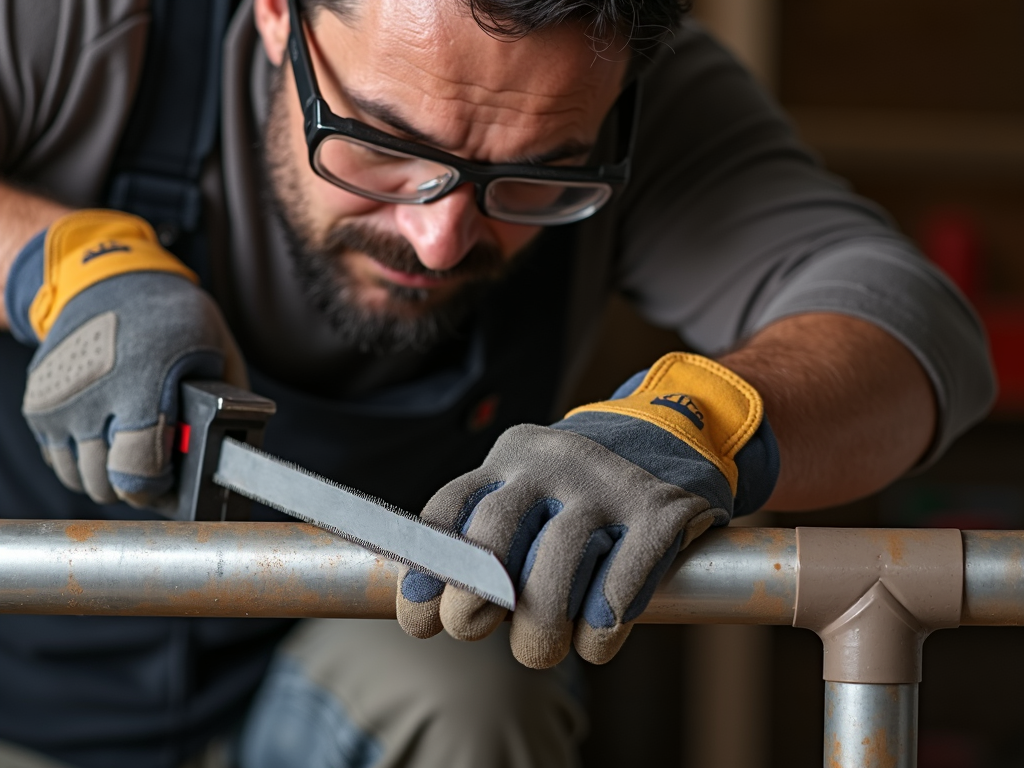
Shaping Tools: Forming and Finishing
Shaping tools are used to form metal into specific shapes and to smooth rough edges. Here are some essential shaping tools:
- Files: Available in various shapes and sizes, files are used for smoothing and shaping metal surfaces.
- Hammers: Essential for bending, shaping, and joining metal pieces.
- Anvils: Provide a sturdy surface for hammering and shaping metal.
- Vises: Hold metal pieces securely in place while you work on them.
Personal Insight: A good set of files can make a significant difference in the finishing of your metalwork. I prefer using a combination of flat, round, and half-round files for versatility.
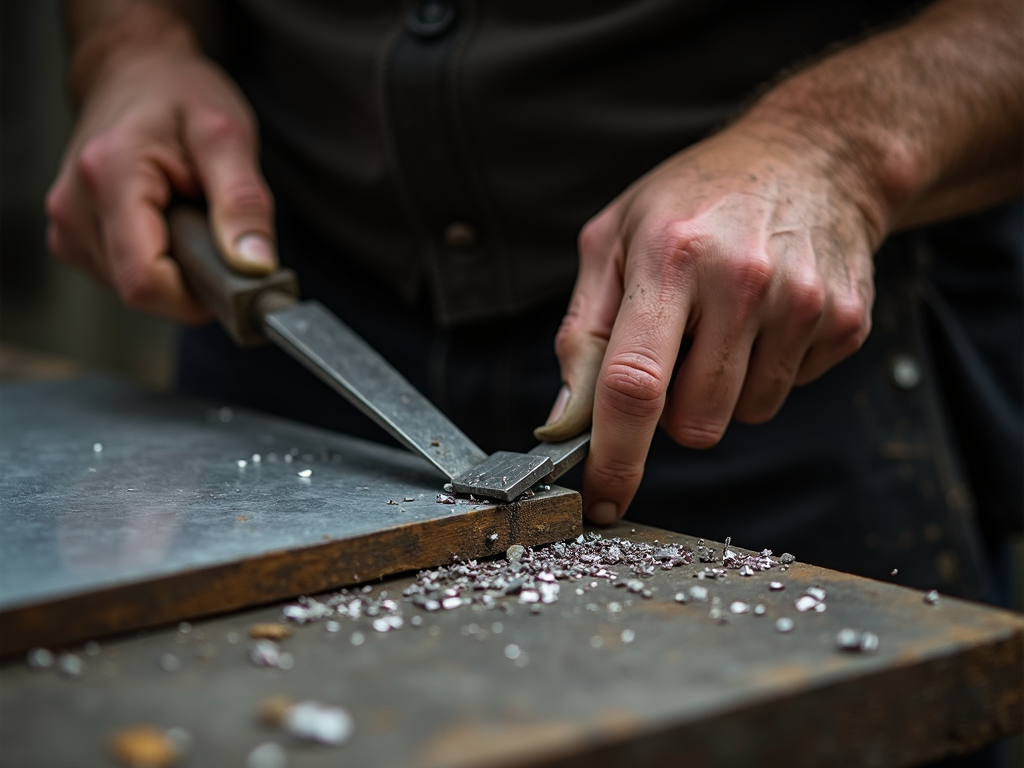
Joining Tools: Connecting Metal Pieces
Joining tools are crucial for connecting metal pieces together. Here are some common joining tools:
- Welding Machines: Used for fusing metal pieces together with heat.
- Soldering Irons: Ideal for joining metal pieces with solder, especially in electronics and jewelry making.
- Riveters: Used for fastening metal pieces with rivets.
Personal Insight: While welding is a powerful joining method, it requires skill and safety precautions. For beginners, soldering can be a more accessible option for smaller projects.
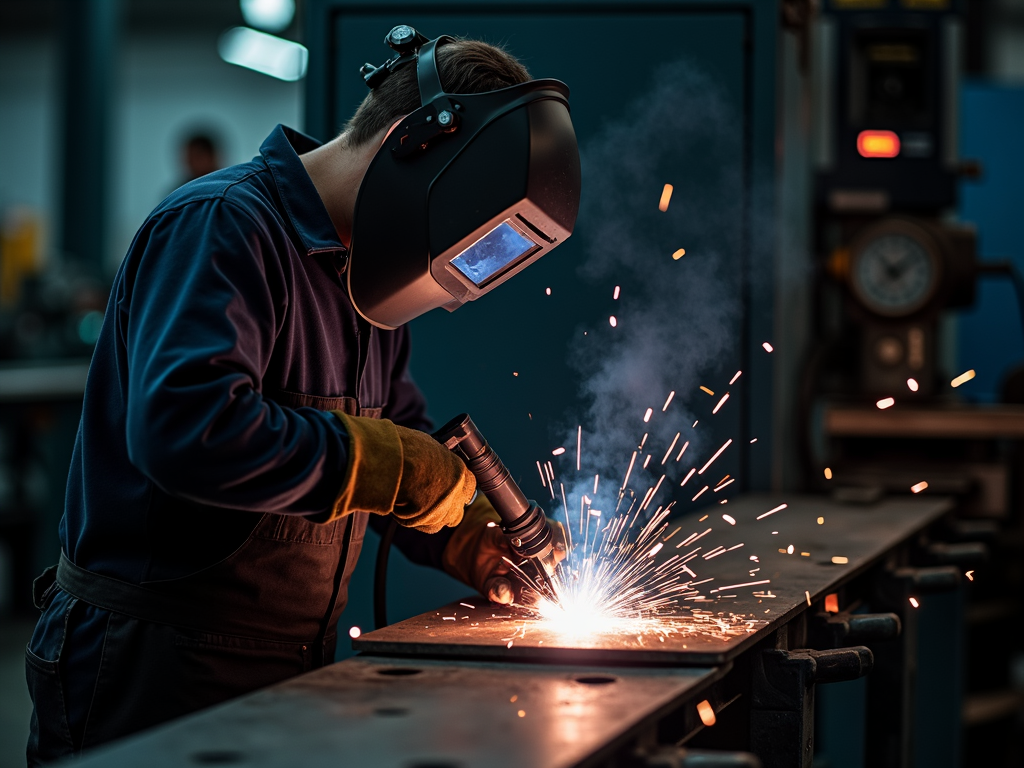
Safety Tools: Protecting Yourself
Safety should always be a priority in metalworking. Here are some essential safety tools:
- Safety Glasses: Protect your eyes from flying debris and sparks.
- Gloves: Shield your hands from sharp edges and hot surfaces.
- Ear Protection: Reduce noise from power tools.
- Dust Masks: Prevent inhalation of metal dust and fumes.
Personal Insight: Never underestimate the importance of safety gear. I've seen too many accidents that could have been prevented with proper protection.
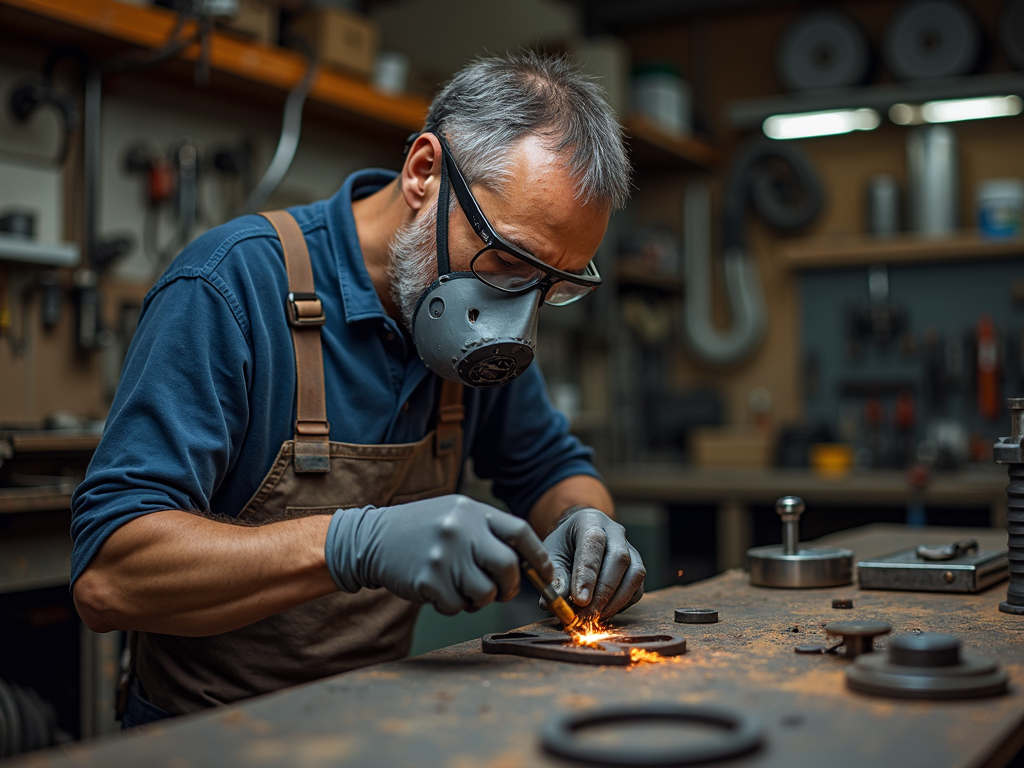
Summary: Choosing the Right Tools for Your Metalworking Projects
From measuring and cutting to shaping and joining, the right workman tools are essential for successful metalworking. By investing in quality tools and using them correctly, you can achieve professional results in your projects. Remember to prioritize safety and choose tools that suit the specific needs of your work.
Related workman tools for metalworking:
- Top Workman Tools for Electricians: Must-Haves for Every Job
- Advanced Tool Maintenance Techniques: Ensuring Longevity and Efficiency
- How to Choose the Right Power Drill for Your Project
- The Ultimate Guide to the Best Wrench Sets for Construction Workers
- DIY Workshop Organization: Budget-Friendly Solutions for a Clutter-Free Workspace
- Essential Safety Gear for Electricians
- The Importance of Workplace Safety and Ergonomics
- Essential Workman Tools for Plumbing: A Complete Guide
- Essential Safety Tips for Using Power Tools: A Comprehensive Guide
- Beginner’s Guide to Power Tools: Drills, Saws, and More
- Maintaining Your Metalworking Tools for Safety and Performance
- The Electrician's Guide to Advanced Automation Tools

